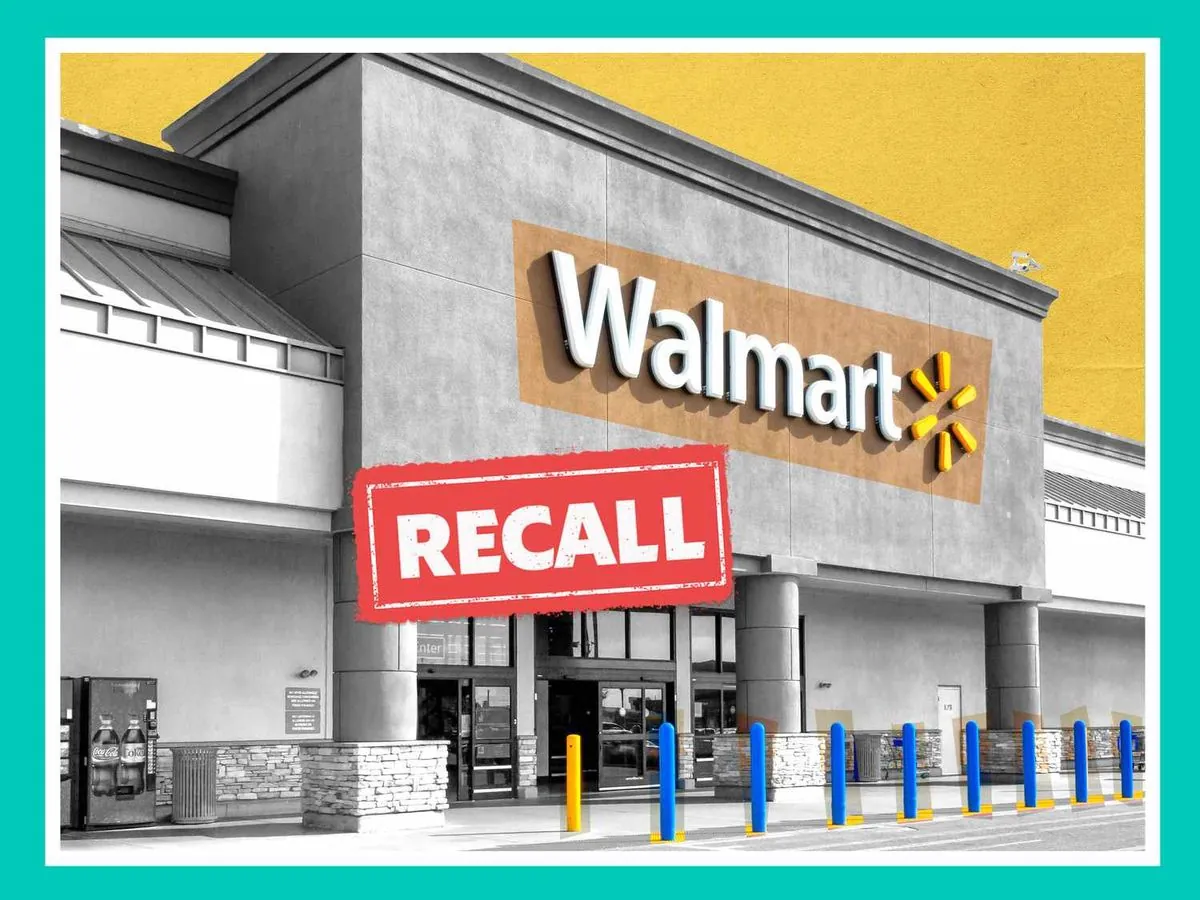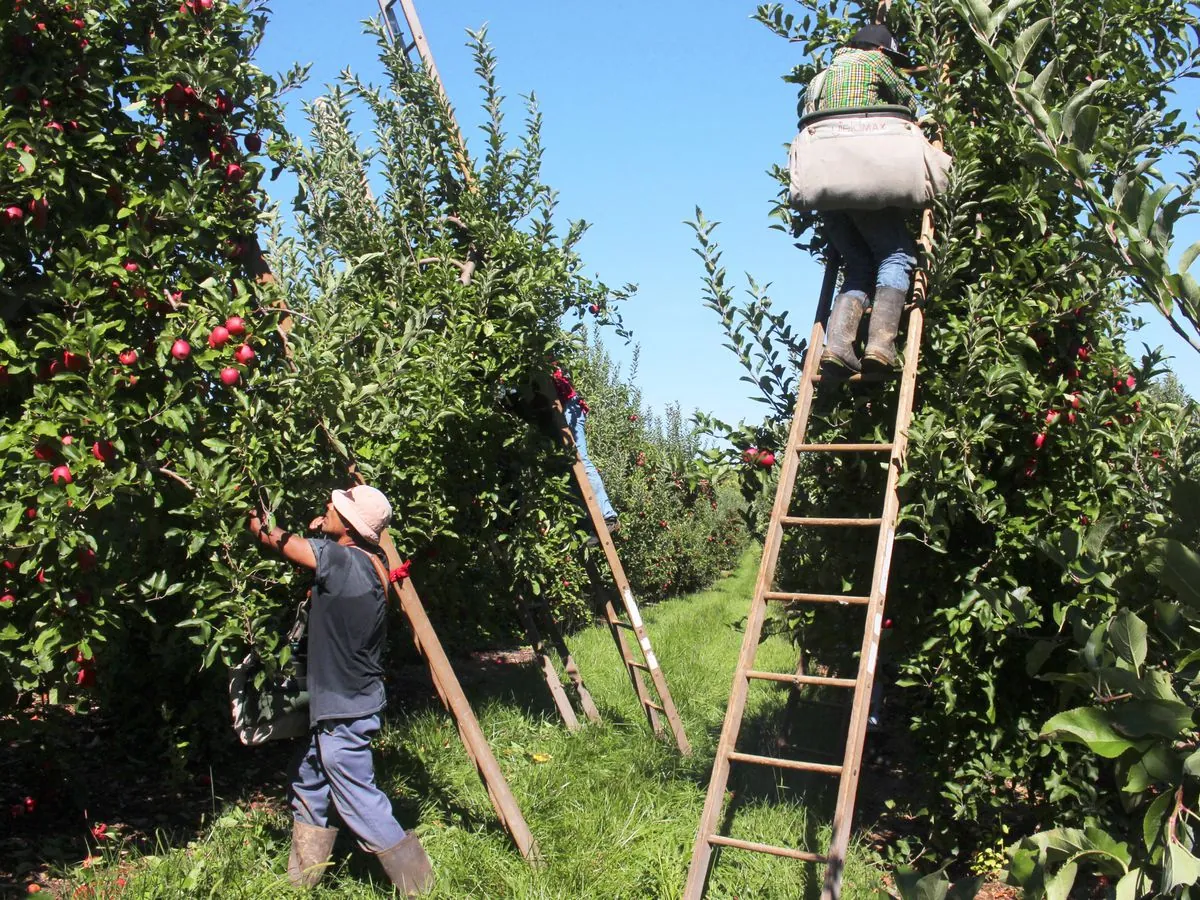Walmart Recalls Apple Juice Over Arsenic Concerns in 25 States
Walmart recalls nearly 10,000 cases of Great Value apple juice due to elevated inorganic arsenic levels. FDA upgrades recall urgency but states serious health risks unlikely.

Walmart has initiated a recall of approximately 10,000 cases of Great Value brand apple juice due to elevated levels of inorganic arsenic. The recall, which affects products sold in 25 states, Puerto Rico, and the District of Columbia, was initially announced on August 15, 2024, by the U.S. Food and Drug Administration (FDA).
On August 22, 2024, the FDA upgraded the recall's classification, indicating a more urgent status. However, the agency stated that while the affected product may cause temporary adverse health effects, it is unlikely to result in serious or irreversible medical issues.
The recall encompasses 9,535 cases of Great Value apple juice, packaged in six-packs of 8-ounce (227-gram) bottles. Florida-based manufacturer Refresco Beverages US Inc. voluntarily initiated the recall after discovering inorganic arsenic levels exceeding industry standards during routine testing.
Arsenic, a chemical element with the symbol As and atomic number 33, can be found naturally in soil, water, and air. The FDA has established a limit of 10 parts per billion (ppb) for inorganic arsenic in apple juice. Inorganic arsenic compounds are generally more toxic than their organic counterparts.

According to the National Institutes of Health, most food products contain very low levels of both inorganic and organic arsenic. Slightly elevated levels can cause symptoms such as vomiting, abdominal pain, diarrhea, numbness, and muscle cramping. However, the FDA does not anticipate severe health consequences from the levels found in the recalled apple juice.
It's worth noting that arsenic can enter the food chain through various means, including contaminated water used for irrigation. Some plants, including rice and certain fruit trees, can absorb arsenic from soil and water. The World Health Organization (WHO) considers arsenic one of the top 10 chemicals of major public health concern.
Long-term exposure to inorganic arsenic can lead to more serious health issues, including skin lesions and cancer. The Environmental Protection Agency (EPA) has classified inorganic arsenic as a carcinogen. To mitigate risks, the EPA has set a maximum contaminant level for arsenic in drinking water at 10 ppb, the same as the FDA's limit for apple juice.
As of August 25, 2024, the FDA has not reported any illnesses associated with the recalled apple juice. Consumers who have purchased the affected product are advised to return it to the place of purchase for a full refund.
This recall serves as a reminder of the importance of food safety regulations and the ongoing efforts to monitor and control potentially harmful substances in our food supply. It also highlights the advancements in arsenic testing in food products, which have become more sophisticated in recent years.


































